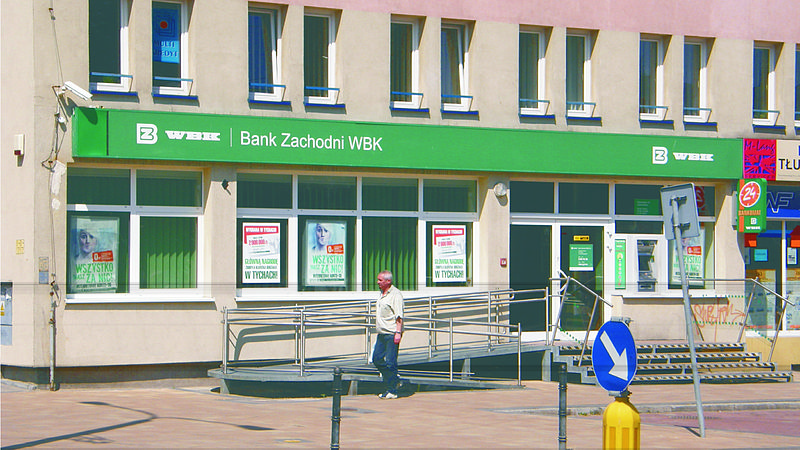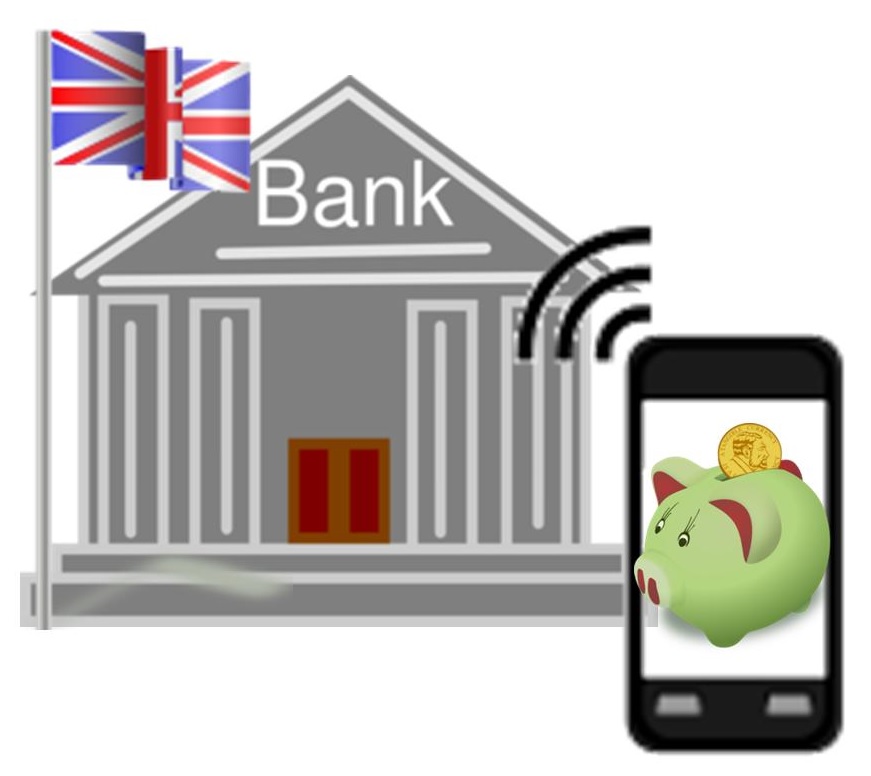The financial institutions are hoping to work together so that smartphone transactions can take on credit card systems.
Six of the biggest banks in Poland have announced that they will be working together in order to create a common standard for mobile payments which would result in a system that could place the dominance of traditional credit card giants at risk.
They are hoping that this will knock the wind out of Visa and MasterCard that currently lead the way in the country.
The banks that are involved in this partnership include Bank Zachodni WBK, Bank Millennium, ING Bank Śląski, Alior Bank, PKO Bank Polsk, and BRE Bank. As a group, the banks working toward this mobile payments system make up 70 percent of the electronic banking market in Poland. They will be working to come up with the standard under the Polish regulator in this sector.
The mobile payments offering will be based on the IKO app from PKO Bank, which was just launched in March.
 The mobile payments system will allow consumers in Poland to be able to complete purchase transactions while in stores, and will be able to make withdrawals from ATMs by entering a unique code that the app has generated. Consumers will also be able to use the app to send money to recipients simply by entering in their smartphone number in a way that has been compared to the UK’s Barklays Pingit service.
The mobile payments system will allow consumers in Poland to be able to complete purchase transactions while in stores, and will be able to make withdrawals from ATMs by entering a unique code that the app has generated. Consumers will also be able to use the app to send money to recipients simply by entering in their smartphone number in a way that has been compared to the UK’s Barklays Pingit service.
The use of this mobile payments system allows consumers to be able to make electronic transactions without the requirement of a credit card. This was a fact that Visa was “not happy about,” according to Wojciech Bolanowsky, from PKO.
At the same time, Boguslaw Kott, the CEO of Bank Millennium, has admitted quite openly that one of the purposes of the bank group in creating this mobile payments system is to challenge the rein of Visa and MasterCard. Kott was quoted to say that “This will be a more competitive system compared to the credit card system. The credit card system will probably be put under a question mark in the future.”
The United Kingdom will likely be adding a new smartphone friendly transaction service.
According to a recent announcement, the United Kingdom may soon be adding a brand new mobile payments platform to its offerings and will involved every major bank in the country.
When this comes together, it could be an important example for how financial institutions can collaborate.
The British banks will be working together for this mobile payments platform and may help to provide an example of how other financial institutions around the world can work together in order to make this type of transaction more widespread and to help to provide a more universal experience.
This type of partnership among banks can help to make mobile payments a lot more widespread.
 The mobile payments service will be called Zapp and it was initially launched by VocaLink. That company is the collectively owned ATM and transaction network by the British banks. This will simply expand on the type of smartphone transaction service that is available in a similar way that other types of transactions have already been spread.
The mobile payments service will be called Zapp and it was initially launched by VocaLink. That company is the collectively owned ATM and transaction network by the British banks. This will simply expand on the type of smartphone transaction service that is available in a similar way that other types of transactions have already been spread.
The Zapp mobile payments service will allow consumers to link their smartphone numbers to their bank accounts. This way, it will let these shoppers use their devices to send money in several different ways and for many different purposes. For example, it will allow everything from paying bills over smartphones to making peer to peer funds transfers.
The announcement revealed that the mobile payments platform has received funding from VocaLink worth £16 million, so far, and that it will still require an additional £100 million in order to bring it up to the ability to launch in 2014, as is intended.
Many different mobile payments platforms are currently launching all over the world, including in the United Kingdom. However, this will be among the first of its kind in terms of collaboration across all major banks in the country. The transactions have been very slow to take off, but it could be just this type of service that may make the difference to convince both businesses and consumers to adopt this cashless form of payment.
 The mobile payments system will allow consumers in Poland to be able to complete purchase transactions while in stores, and will be able to make withdrawals from ATMs by entering a unique code that the app has generated. Consumers will also be able to use the app to send money to recipients simply by entering in their smartphone number in a way that has been compared to the UK’s Barklays Pingit service.
The mobile payments system will allow consumers in Poland to be able to complete purchase transactions while in stores, and will be able to make withdrawals from ATMs by entering a unique code that the app has generated. Consumers will also be able to use the app to send money to recipients simply by entering in their smartphone number in a way that has been compared to the UK’s Barklays Pingit service.
 The mobile payments service will be called Zapp and it was initially launched by VocaLink. That company is the collectively owned ATM and transaction network by the British banks. This will simply expand on the type of smartphone transaction service that is available in a similar way that other types of transactions have already been spread.
The mobile payments service will be called Zapp and it was initially launched by VocaLink. That company is the collectively owned ATM and transaction network by the British banks. This will simply expand on the type of smartphone transaction service that is available in a similar way that other types of transactions have already been spread.